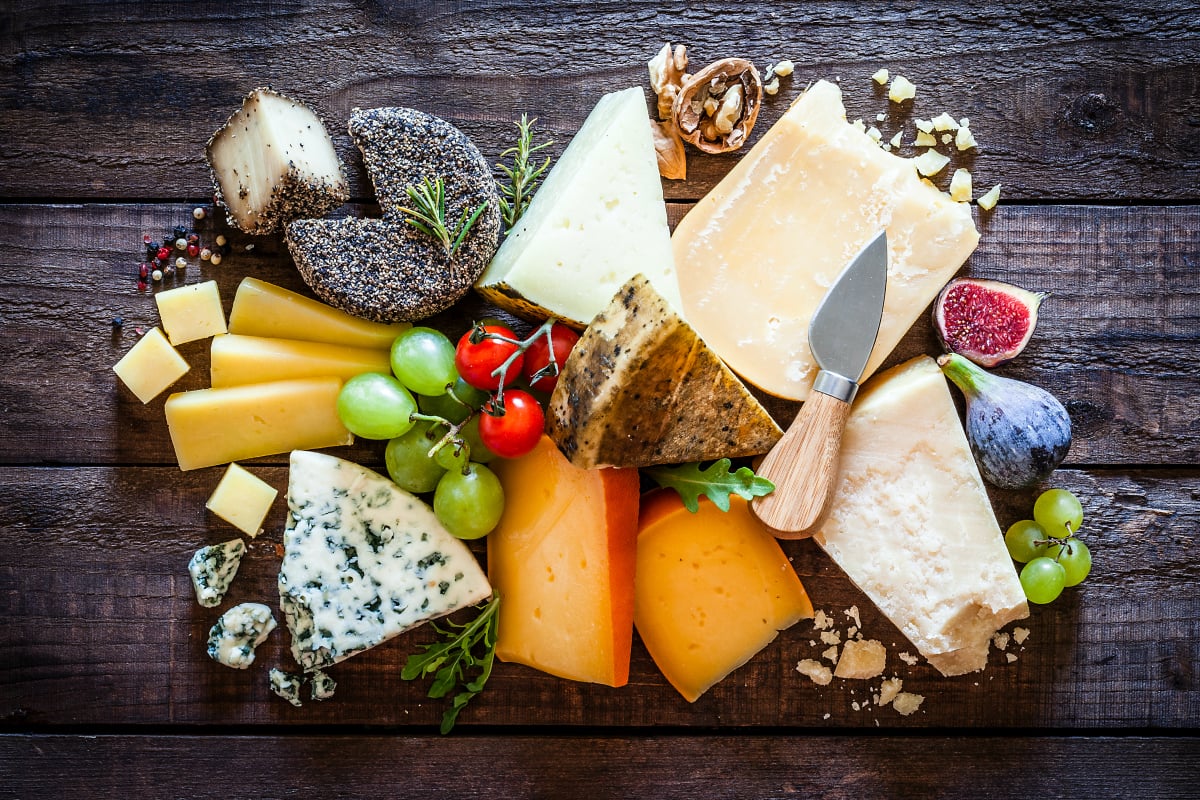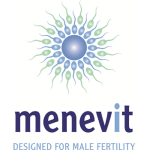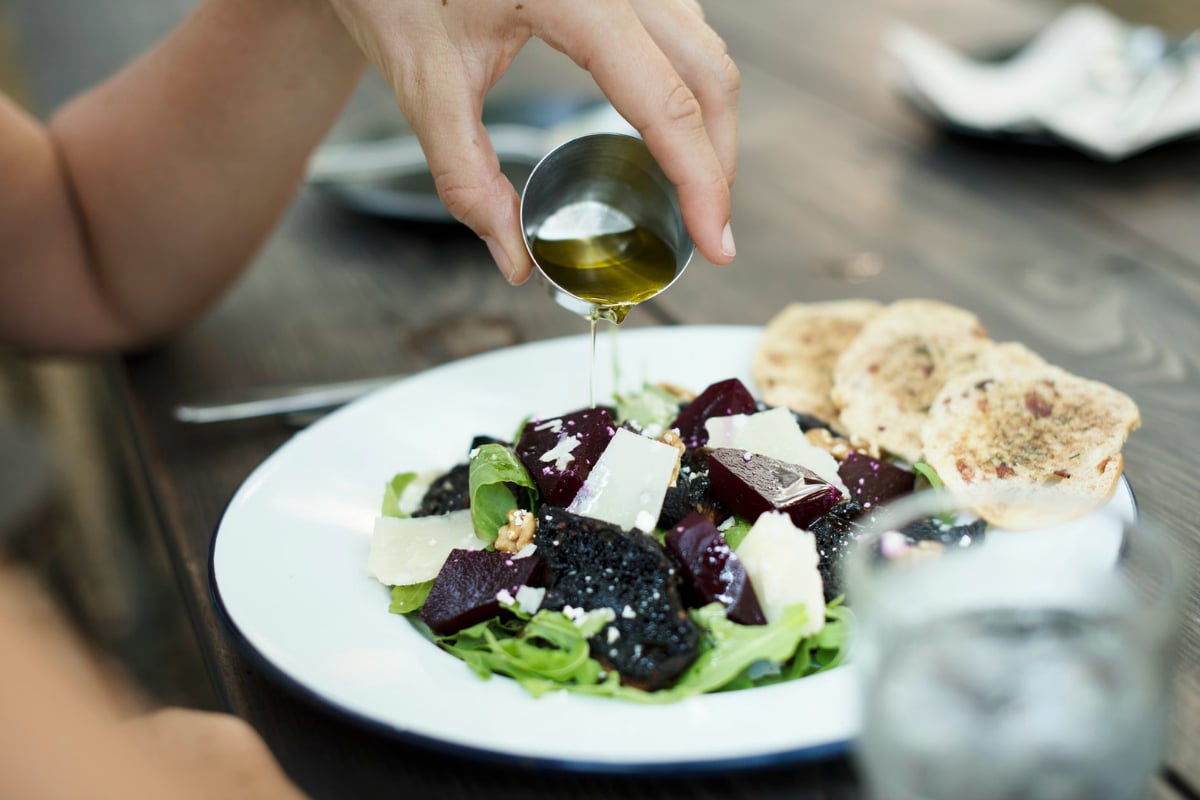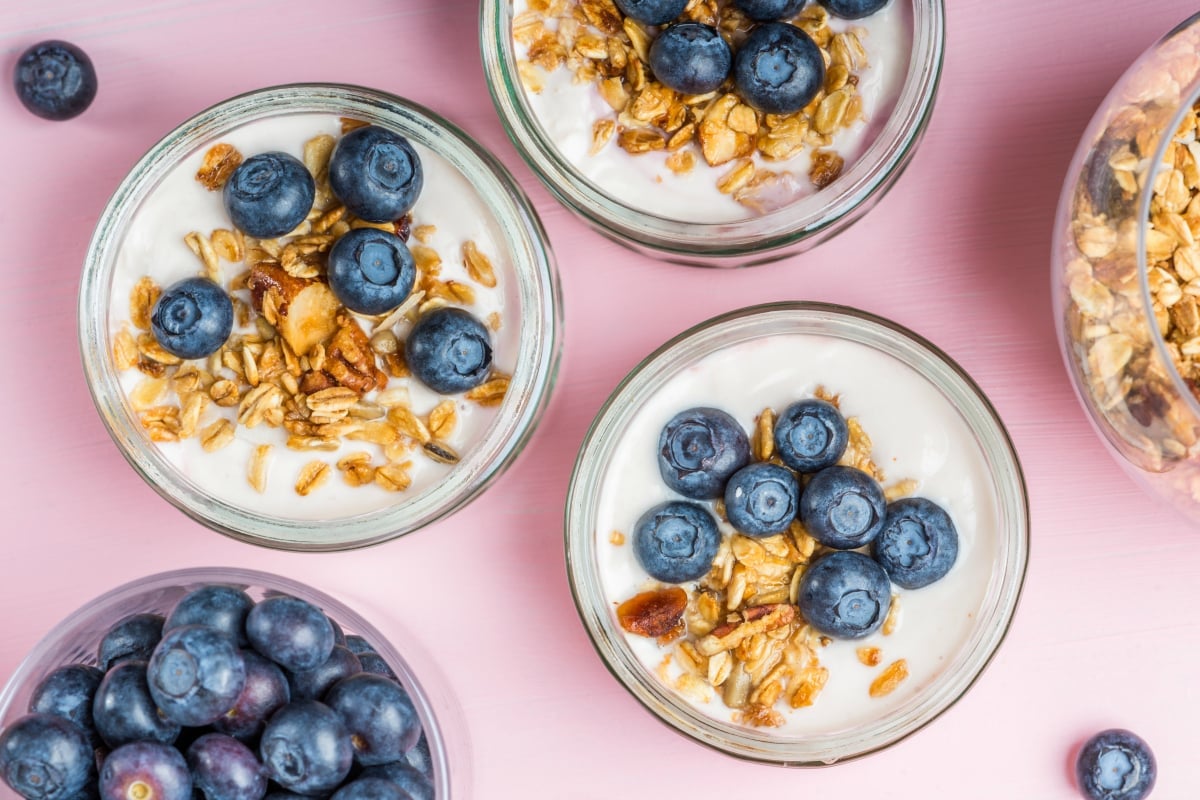

We’re all familiar with the saying “you are what you eat”, and it’s something most women who want to become pregnant consider a great deal.
But with so much information out there, it’s not always easy to sort the fact from fiction. So, we asked someone who would know what the best things women can eat to improve their chances of conceiving: Melanie McGrice.
McGrice is one of Australia’s leading fertility dietitians, and she knows just what both women and men can do in that planning phase to increase their chances of having a baby.
“What we eat in the lead up to conception and during pregnancy not only influences our chance of conceiving, but determines our baby’s epigenetics – which influences his or her risk of chronic disease for the rest of their life,” McGrice tells Mamamia.
So what should you eat when trying to conceive?
“Forget about fertility fads like pineapple core and royal jelly ,” McGrice says.
For the record, royal jelly isn’t the jelly we know and love – it’s a bee super food that often comes in capsules. Don’t go buzzing around for it though – McGrice suggests focusing instead on the below five “fertility super foods”.
1. Cow’s milk.
“Studies suggest cow’s milk may actually boost your fertility,” McGrice tells us. “The secret ingredient appears to be a compound called insulin-like growth factor 1, which plays a key role in the growth and development of your egg as it becomes an embryo, and then your baby.
“I recommend a glass of milk, tub of yoghurt and a slice of cheese each day for women who are trying to conceive.”

